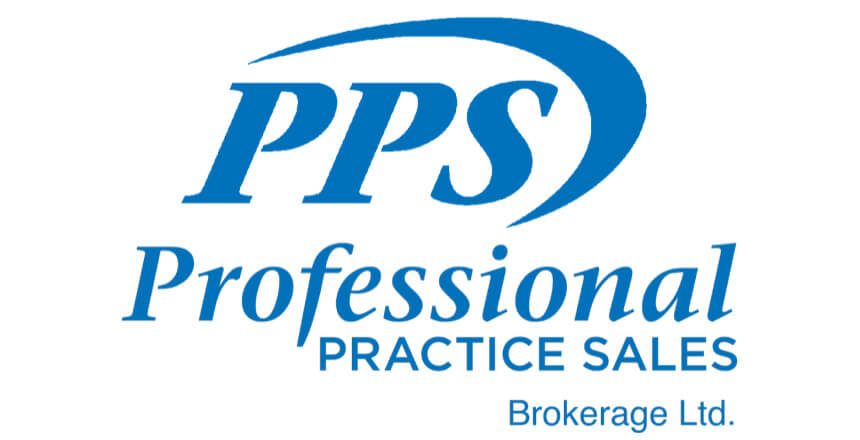
The 80’s rock group The Clash made the saying “Should I stay or should I go” famous with the release of the song with that name in 1981. Around the same time, dentists wondered the same thing with respect to their practice. They still do to this day. That is, upon the sale of my practice – should I stay and associate with the buyer, or should I go.
This is naturally one of the topics we discuss very early with our selling clients. Most have an opinion on it, but we have found that many would like our opinion on the subject. While there is no answer that is right for every situation – in general, it is better to stay. The main objective for the buyer is to transfer the goodwill to themselves. This task becomes easier if the previous owner of the practice is there to assist and provide guidance. It is also effective if the buyer is introduced by the seller to the patients in a positive light.
It is important to note that what the buyer does after being handed the goodwill “on a silver platter” is not the seller’s responsibility. Smart buyers will not make quick changes, they will not diagnose huge cases, and they will certainly not comment on the dentistry in the patient’s mouth! They will act professionally, be friendly, and earn the trust and respect of the patients and staff every single day.
Just as it is the main objective of the buyer to assume goodwill, we also find it is the main objective of the seller to ensure that someone will care for their patients and their staff as they have done. The transition period will be a time of immense change for all constituents: buyer, seller, staff and patients. Change can cause stress but it is the one constant most of us have in our lives now, so we become adept dealing with it. When the process is handled well with open and honest communication, the results can be very rewarding. Here is a quote from a client who recently sold his practice, “The transition process was flawless and the match has been perfect.”
Why did this transition go so well? And, of equal importance, why do others not go as smoothly? In this case, the seller had been preparing for the sale of his practice for a few years. He had the facility in good shape, had a very good team, had his legal and accounting factors all organized, and he was mentally prepared. His practice life and personal life were ready for the change. I mention the personal side because it is also very important. He was going to have more time on his hands and he knew what he was going to do with it. He was looking forward to the change. He also knew what he wanted in a buyer. When the right one was found (who was not the highest bidder incidentally), he was very helpful during the diligence and closing process. Further, he helped her assimilate into the practice and gave her guidance with patients and treatment planning. He let her deal with the staff and important decisions relating to the practice, while always being available if needed. The process was smooth and we have a happy buyer and seller and the practice is flourishing. We know of situations where sellers, who intended to stay for a year or two after closing, are still there ten years later because they are enjoying it so much.
There are times when things do not go so well for the dentist who decides to stay. We can learn from those situations too. Most of the problems seem to come down to the three “F’s” – fit, form and function.
- Fit – it is important that the buyer and seller have similar philosophies regarding practice management and patient treatment. One of the first things we often do, even before legal documents are drafted, is facilitate an in-depth meeting to help determine the “fit”.
- Form -the physical plant of the office is what it is. The seller, staff and patients are all used to it. Buyers must resist the temptation to make large changes to the facility in the first six months. Focus on the goodwill first.
- Function – This is a two-way street. The buyer has to be willing to assume control. The dentist selling the practice has to be willing to give up control. This is far easier said than done. Control has been the trouble spot for many situations that should have worked. If you are not willing to let go, then you are not ready to sell. Expect the buyer to do things differently that you do. That does not make them wrong. It is vitally important that you are mentally prepared to let go of the day-to-day management of the practice and accept that things will change. Be open, the changes may be good!
If you cannot let go of control, but you want to sell, then perhaps the answer to guitarist Mick Jones of The Clash’s original question in 1983 is clear to this day …”You should go”.

